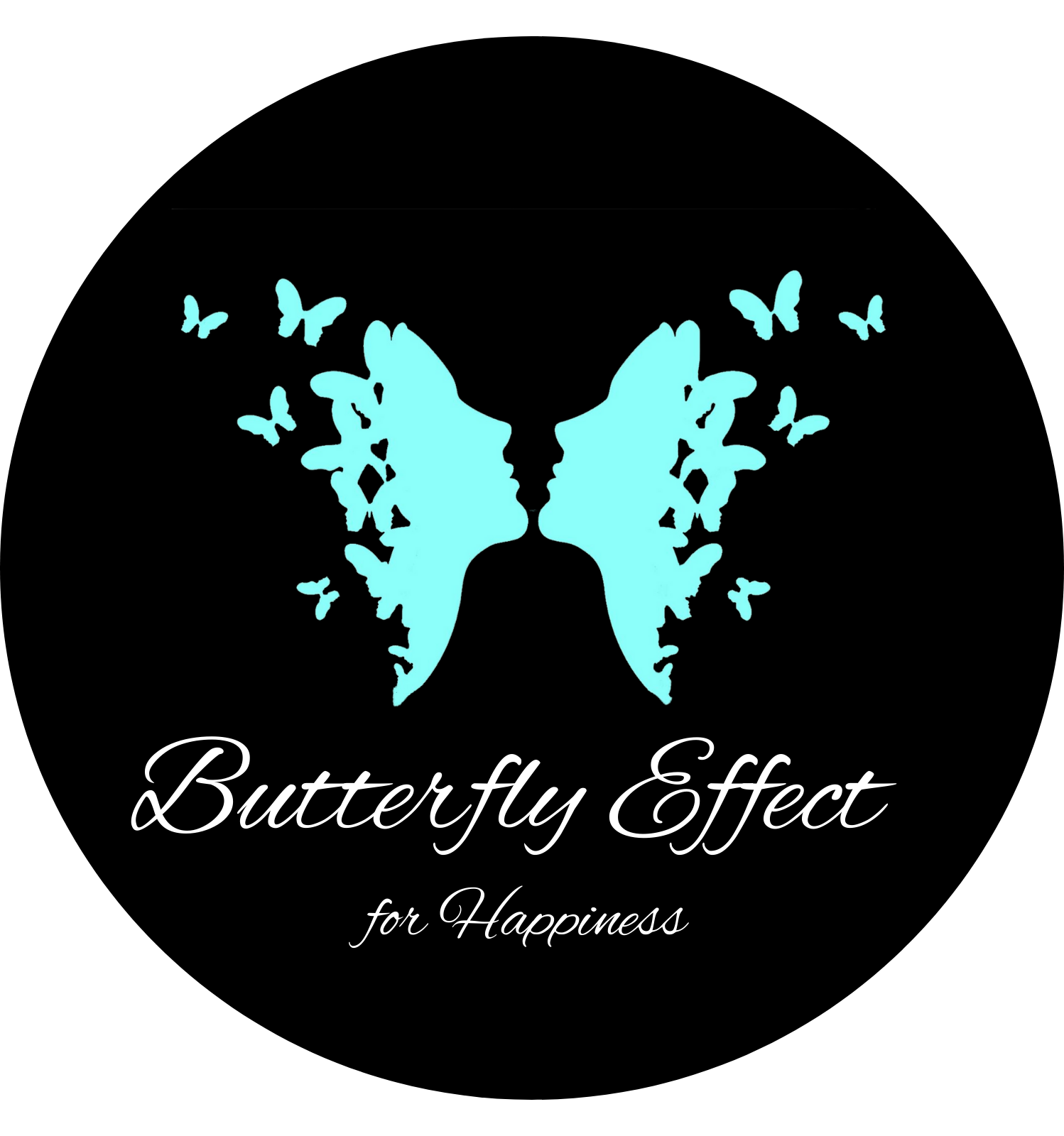
Hey there beautiful readers,
Today, let’s get into a topic that often plagues our relationships and our own mental well-being: dragging the past into the present. How many times have we found ourselves rehashing old grievances, reliving past hurts, or engaging in unsolvable arguments that only serve to deepen the divide?
Here I’m exploring the more negative effects of dwelling on the past and offering insights into how we can break free from this cycle.
Imagine your past experiences as baggage – a suitcase filled with memories, both light and heavy. As we navigate through life, we accumulate these experiences, some of which weigh us down more than others. Perhaps we carry them with us, revisiting them time and again, or maybe we set them aside, never to be touched again.
However, there’s a tendency among many of us to ruminate on the past, dissecting each moment and reliving past conflicts or traumas. Whether intentional or unintentional, this habit brings the past crashing into our present, fuelling arguments, souring relationships, and hindering our personal growth.
During heated moments, be it with our partners, parents, or children, we often find ourselves reaching into our baggage, hurling past grievances like weapons in a battle of wills. Yet, as the dust settles, we’re left feeling worse off than before, with no resolution in sight.
But why do we insist on dragging the past into our present? There are myriad reasons, from seeking validation for our feelings to deflecting attention away from our own shortcomings. We may use past grievances as a shield or a sword, attempting to hurt or defend ourselves in the heat of the moment.
However, this cycle perpetuates pain and resentment, preventing us from moving forward and finding genuine resolution. Instead, it’s essential to approach difficult conversations with empathy, understanding, and a willingness to listen.
Here are some strategies I’ve found that helped me, to break free from the grip of the past:
1. Pause and Reflect: Before engaging in an argument or revisiting past conflicts, take a moment to consider your motivations and emotions. Are you seeking resolution or simply rehashing old wounds? Being aware of our motivations and emotions allows us to come into a conversation from a more conscious space.
2. Practice Active Listening: Instead of jumping to conclusions or hurling accusations, strive to listen empathetically to the other person’s perspective. Seek to understand before seeking to be understood. There may be something within this that you haven’t considered, which when exposed gives you a whole other perspective around a situation.
3. Use “I Feel” Statements: Express your emotions without assigning blame. By owning your feelings and experiences, you create space for honest dialogue and mutual understanding. Using I statements removes some of the ‘sting’ of the conversation and shifts from ‘Blame to Name’ (as in name my experience of the situation)
4. Know When to Walk Away: If emotions run high or the conversation becomes unproductive, don’t hesitate to take a break. Stepping back allows both parties to cool off and approach the issue with a clearer mind. Also having predetermined boundaries for all parties regarding giving space when this happens – NO re-engagement until all have had necessary space.
5. Seek Support: Don’t hesitate to reach out for help if you find yourself struggling to let go of past grievances or engage in productive communication. Whether through therapy, counselling, or trusted friends and family, support is essential on the journey to healing and healthy relationships.
Ultimately, the key to moving forward lies in acknowledging the past without allowing it to dictate our present or future. By fostering a culture of recognition and celebration of positive behaviour, we create a foundation for healthy relationships built on trust, empathy, and mutual respect.
Just as we once celebrated acts of kindness in our childhood, let us continue to recognise and uplift one another in adulthood. By doing so, we not only heal old wounds but also pave the way for a brighter, more harmonious future.
As you go about your day, remember that every interaction is an opportunity to let go of the past and embrace the present with an open heart and mind.
Until next time, may you find peace and understanding in every moment.
With love and blessings,
Lisa
@be-withlisa.com.au
